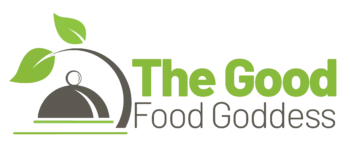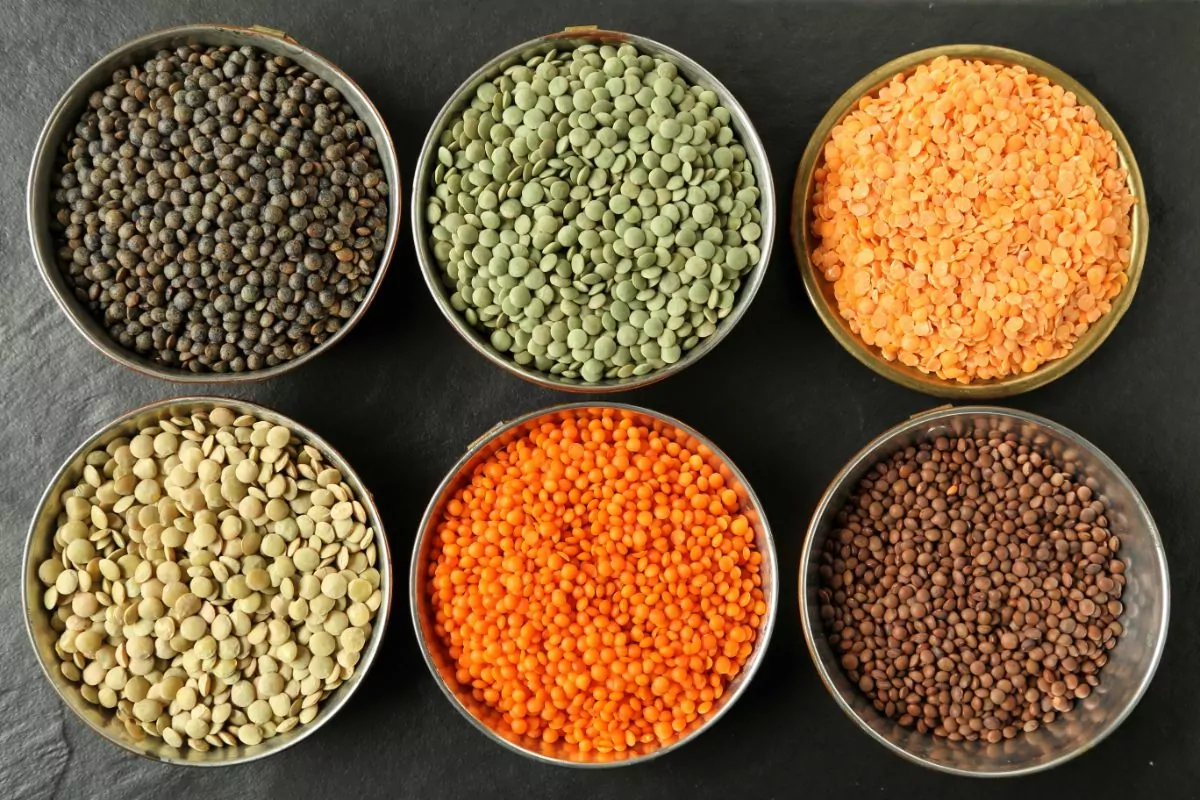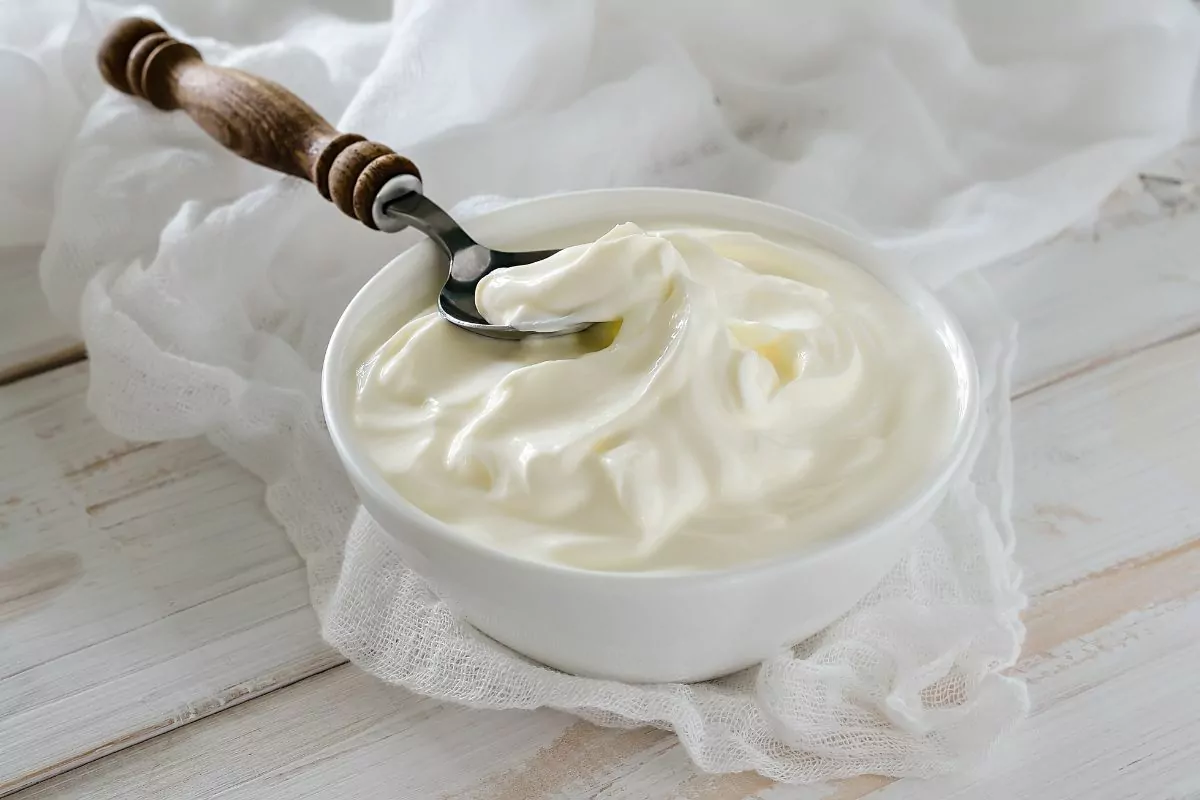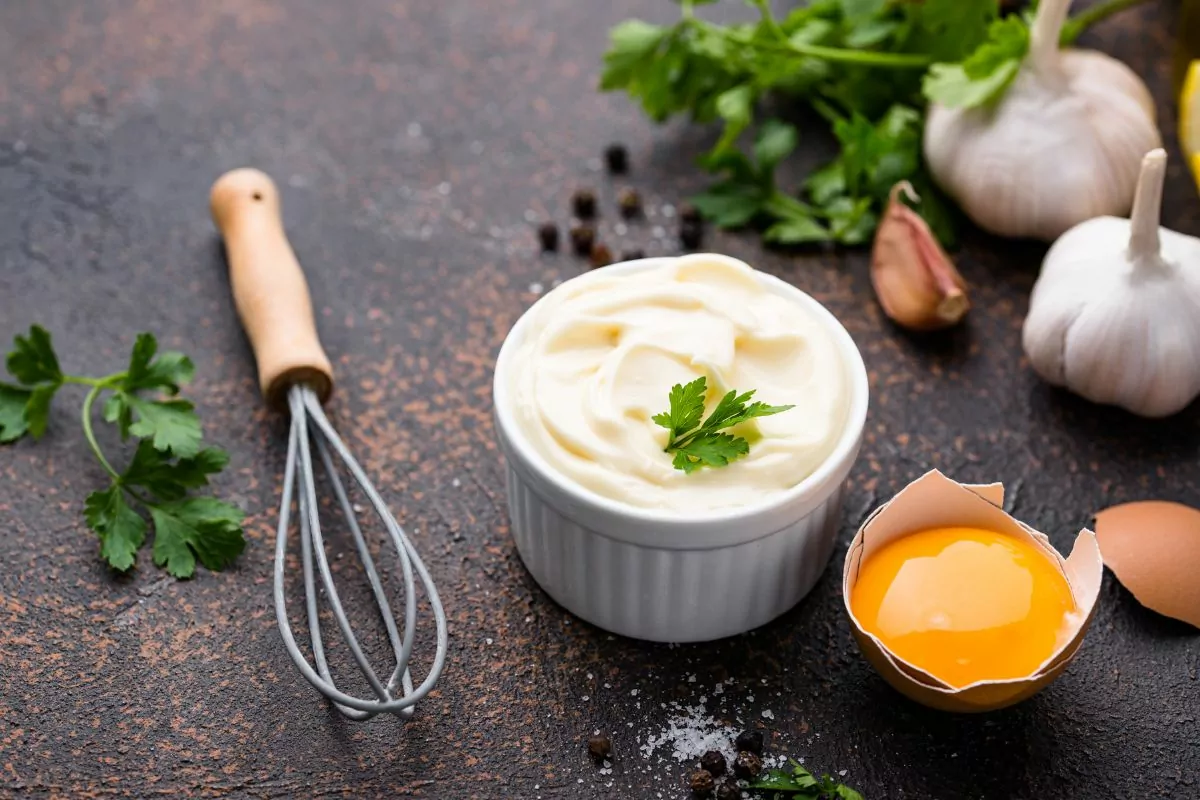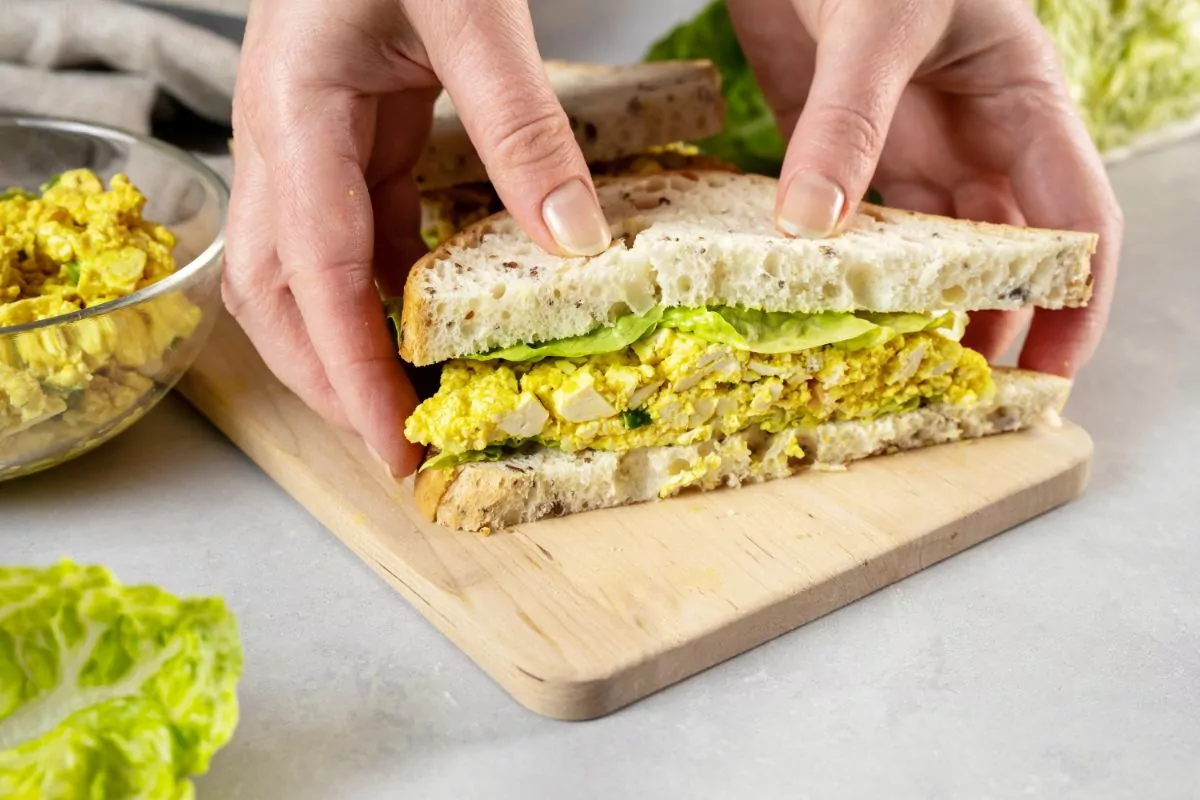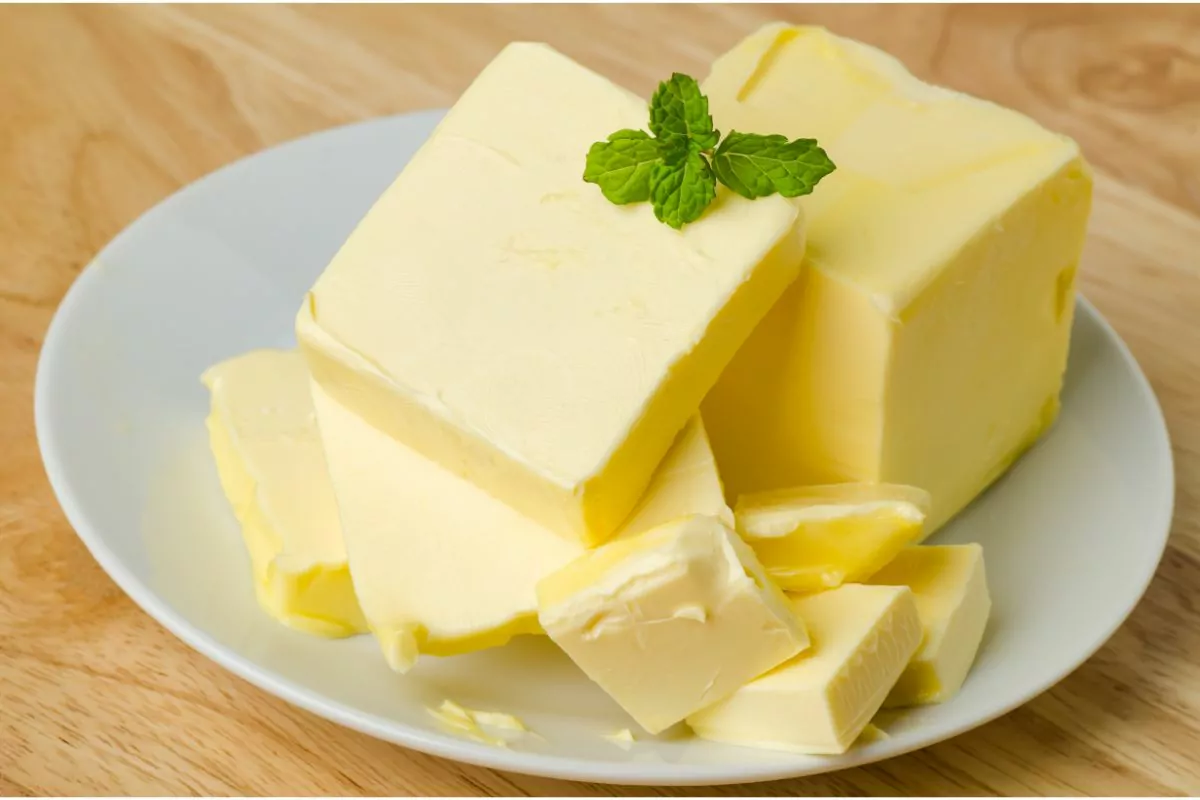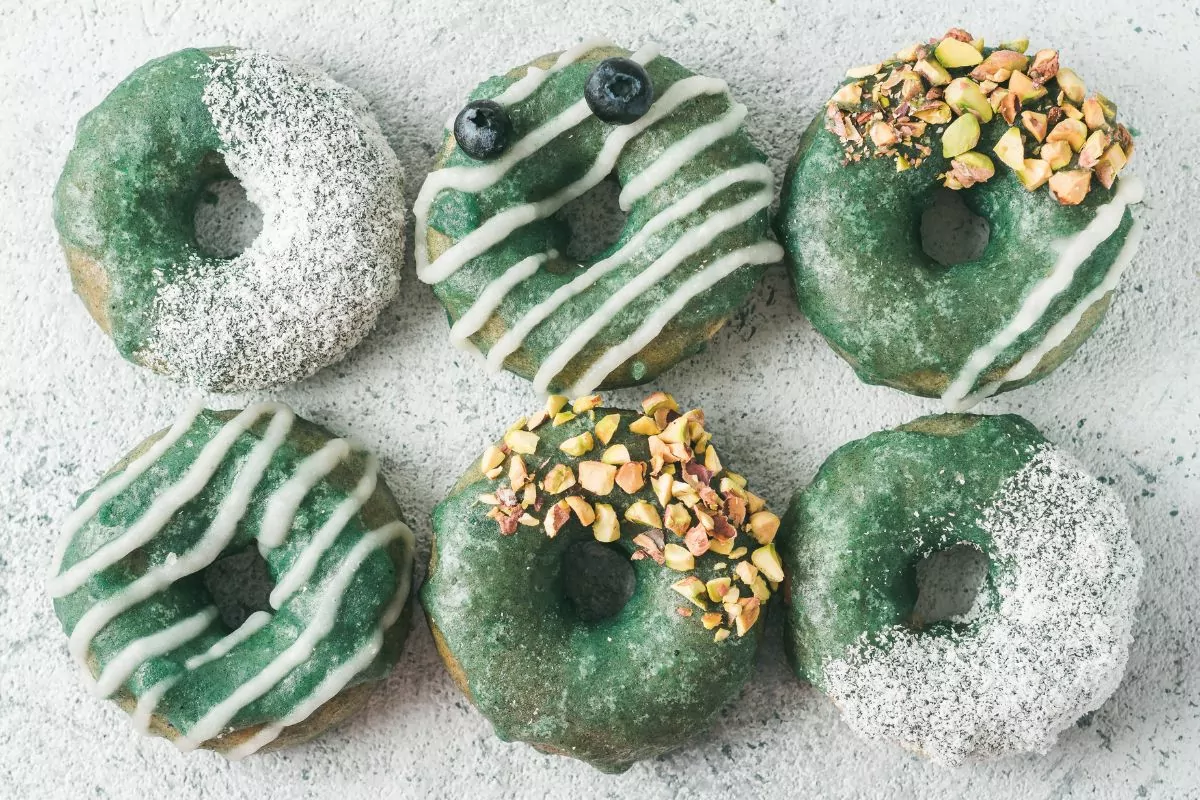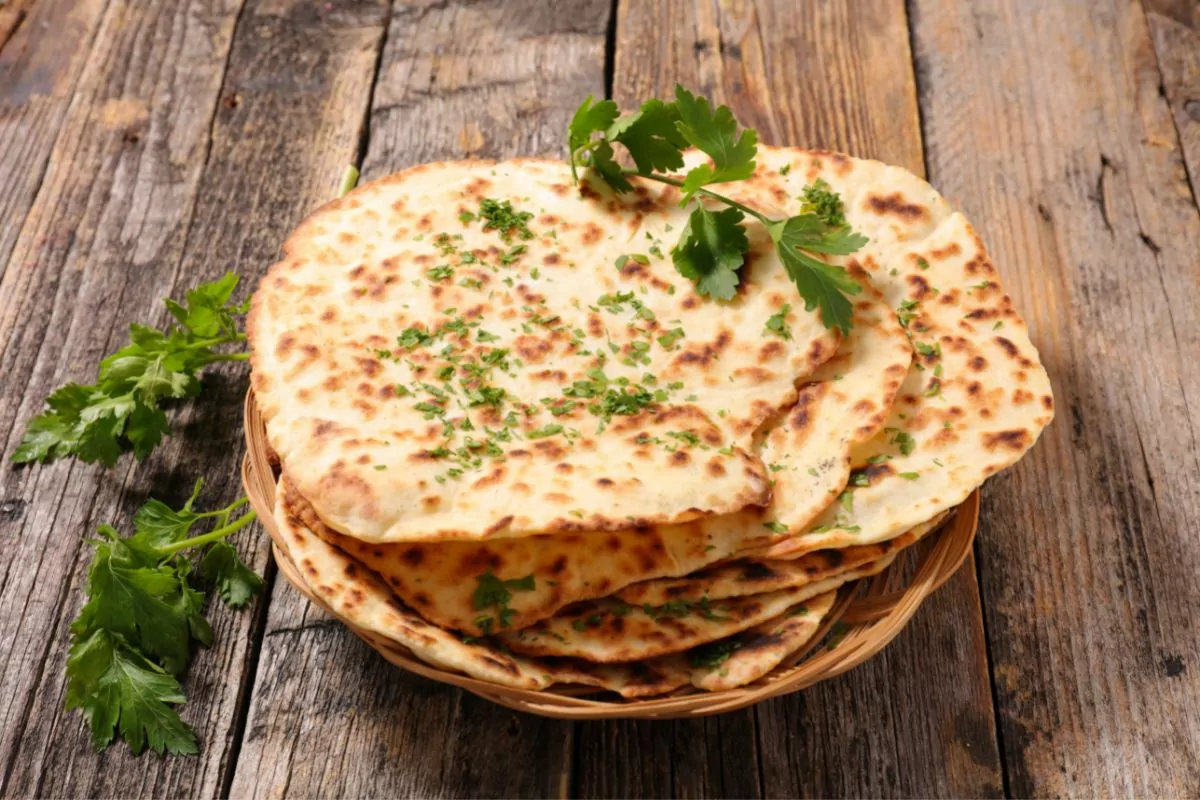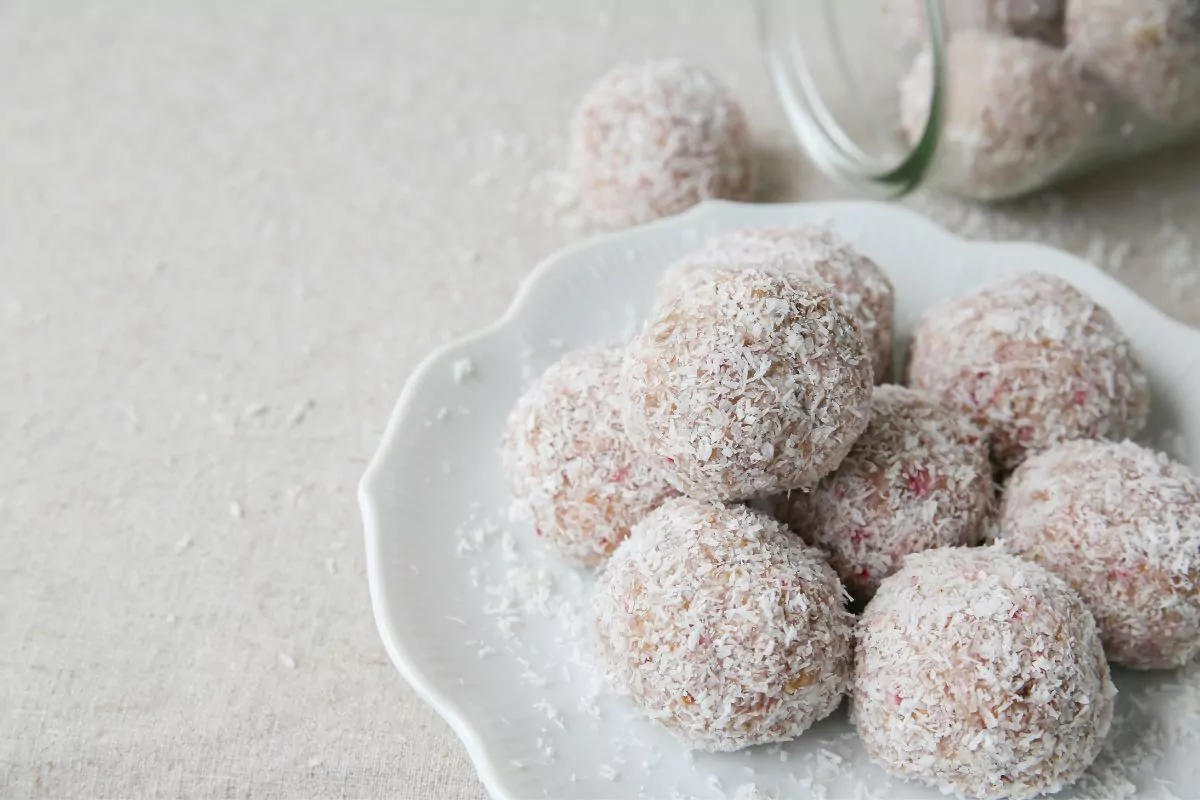Dairy-free diets and veganism may appear to be one and the same because they both forbid consumption of dairy products.
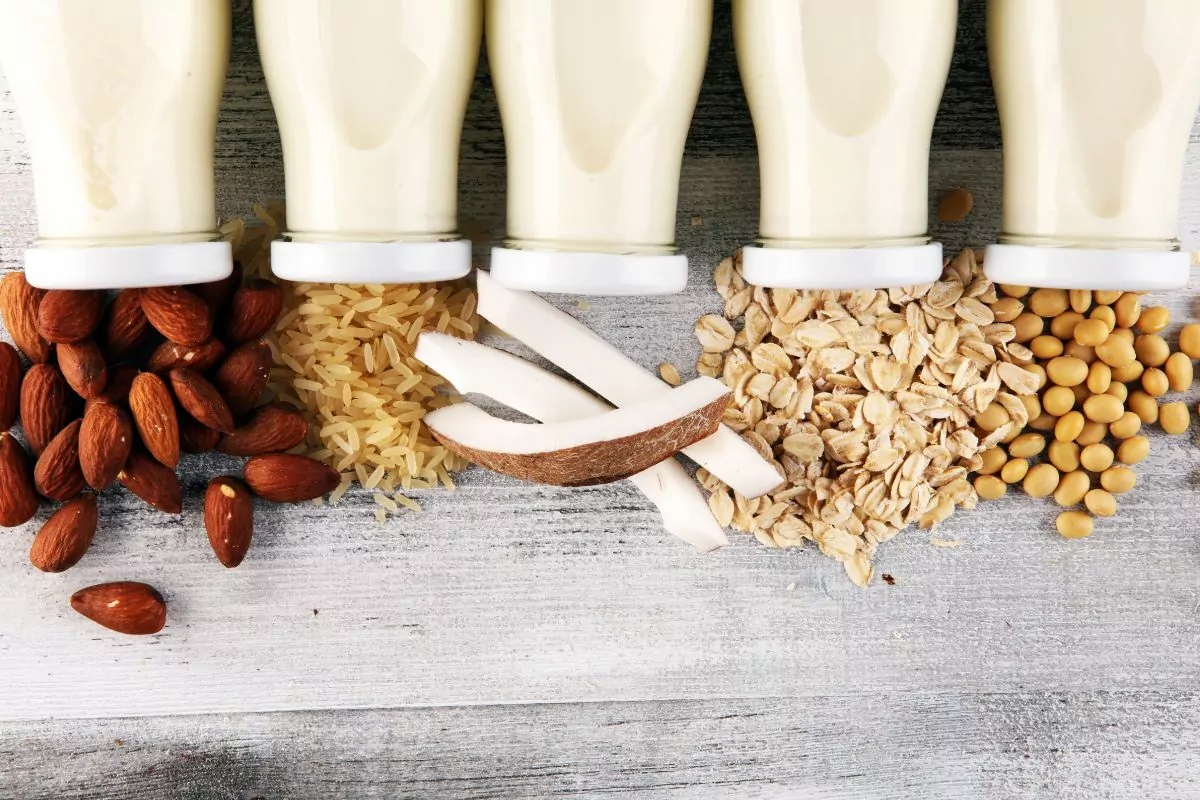
If we dig a little deeper, the vegan and dairy-free meanings of these labels can lead to a lot of confusion and, in the worst circumstances, even serious health risks.
Alternatives to dairy products that are claimed to be vegan may actually contain trace levels of dairy components or milk products, which can be harmful to someone unaware of a severe dairy allergy.
To help you make a secure and well-informed choice about the foods you decide to include in your regular diet, we’ll define veganism and dairy-free clearly and explain how these certifications function.
What Is A Vegan Diet?
According to the Vegan Society, modern veganism is defined as follows:
““Veganism is a philosophy and standard way of life which seeks to exclude—as far as is possible and practicable—all exploitation of, and cruelty to, animals for food, clothing, or other purposes; and promotes the development and use of other animal-free alternatives for the benefit of animals, humans, and the environment. In dietary terms, it means the practice of dispensing with all products derived wholly or partly from animals.”
In short, being vegan means consuming food and goods that, to the extent possible, minimize animal exploitation.
Due to the broad definition of veganism, many people interpret the “practical” part in accordance with their personal ideologies.
However, almost every vegan eliminates animal products from their diet, such as meat, fish, and dairy.
Most vegans opt to forgo items like cosmetics, leather, clothing, and other personal care products that are made from animal products or were produced using methods that involved animal research.
A vegan diet consists mainly of whole, plant-based foods. These include: vegetables, nuts, seeds, beans, fruits, and grains.
What Is A Dairy Free Diet?
The motivations for avoiding dairy vary greatly from person to person; someone who avoids dairy but still eats meat probably didn’t do so on moral grounds.
Many people have trouble digesting cow’s milk, and their symptoms can range from a minor dairy sensitivity to a severe, potentially fatal dairy allergy.
A dairy-free diet completely excludes the consumption of all dairy products, even those that “may contain” traces of milk.
Dairy-free people don’t eat dairy products like milk, cheese, yogurt, butter, or cream, but they can still eat things like meat, fish, and eggs.
The standards of what is considered dairy-free need to be far more precise because there could be serious health consequences from unintentionally ingesting dairy.
Any product that makes the claim that it is dairy-free must come from a completely dairy-free environment in order to avoid labeling that reads “may contain dairy.”
Cross-contamination is not a possibility with these goods.
How To Tell If Something Is Vegan Or Not
Veganism has no established legal definition, and the FDA avoids using the term because it leaves too much room for interpretation rather than objective scientific fact.
Although there are approximately 20 worldwide vegan certification labels that identify a vegan product by a certain set of standards, we are aware that the idea of veganism varies from person to person.
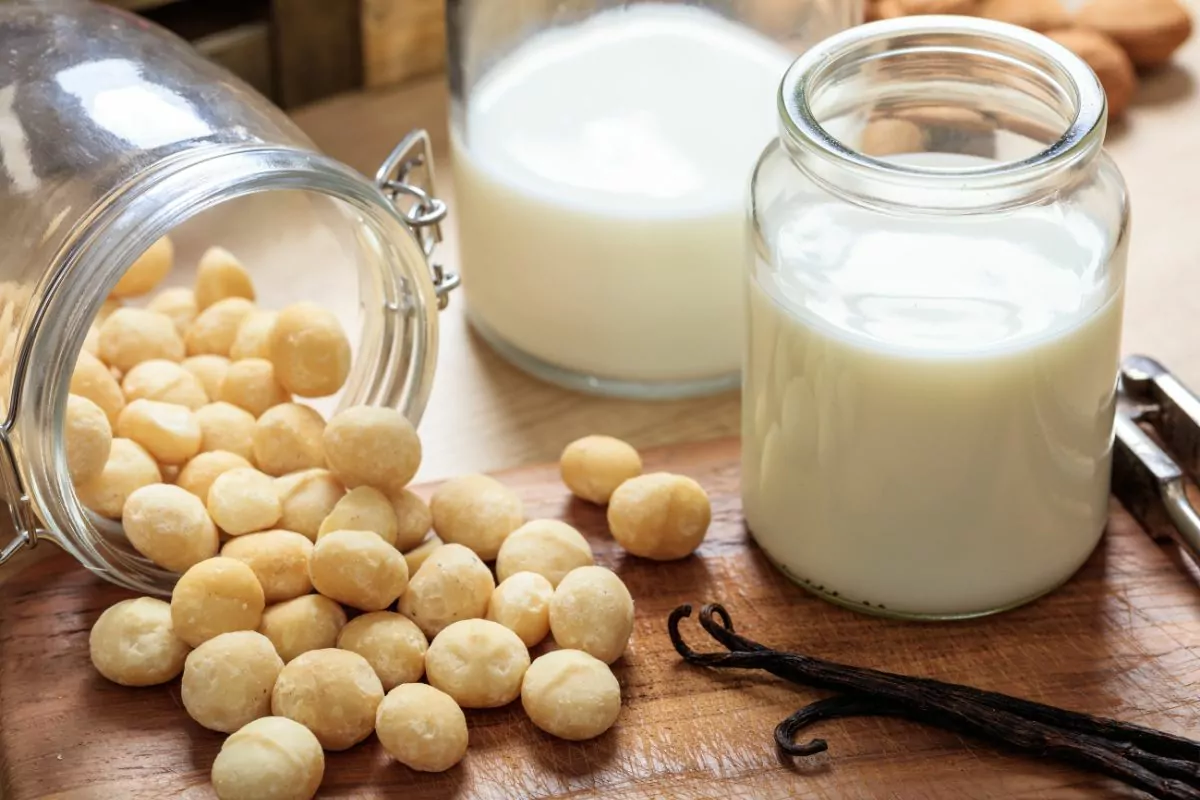
If a product complies with all the requirements, it will be marked with the vegan label.
The majority of these labels allow products to be manufactured in the same facility as other dairy products even though they don’t directly contain components produced by animals.
Many vegan-certified items feature “may contain dairy” warnings on their labels since it is impossible to guarantee that these products are entirely free of any residues of animal products.
Does Veganism Allow Dairy?
Vegans do not consume dairy products like milk, cheese, and eggs. However, when it comes to trace amounts, it depends on the individual following the vegan diet.
Vegans are free to follow their diet as strictly as they see fit; whether they feel that foods marked “may contain milk” are appropriate for their diet is a matter of personal preference.
Anyone with a dairy sensitivity or allergy must avoid “may contain” vegan products and only choose those that are assured to be free of any traces of dairy, or else they run the risk of possibly uncomfortable or dangerous health effects.
A Closer Look At Genetically Engineered Dairy
The modern world in which we live has room for unconventional goods like genetically modified dairy products. Ice cream can now be eaten by vegans without compromising their diet!
By employing DNA synthesis from cow genes to produce milk proteins, food scientists were able to minimize the harm done to cows and produce a product using much more environmentally friendly methods than the conventional dairy business used.
Since these dairy-free products are genetically identical to genuine dairy, people who have sensitivities to or allergies to dairy will experience the same negative health effects from consuming them.
While some consumers might find genetically altered ice cream a little too strange, the fact that these dairy products are entirely hormone-free may ease their concerns.
Vegan And Dairy-Free Alternatives
There are lots of vegan items to keep your stomach happy without the need for cow’s milk if you decide to forego all dairy products.
A particular creaminess can be found in milk derived from soy, rice, oats, hemp, almonds, or cashews, all of which have a somewhat different flavor and texture.
Vegans and others following a dairy-free diet can also stick to margarine, which is significantly less tasty but dairy-free.
Manufacturers occasionally manufacture vegan butter from pea protein or cashews.
For vegans, cheese can be the hardest dairy product to give up, but there are some great cheese substitutes made from coconut, soy, cashews, and even tofu.
Final Thoughts
Dairy products are not part of the vegan diet, but this comes down to moral choice rather than physical well-being and health.
Thankfully, there are plenty of alternatives to dairy out there that taste the same, if not better, than the original.
- Cucumber, Apple And Pineapple Juice - September 12, 2022
- French Toast Without Eggs - September 12, 2022
- Cook Canned Chickpeas - September 12, 2022
